
views
New York: Apple's late co-founder Steve Jobs, who is described by his biographer as being "brittle and very mean to people," had high regards for Facebook CEO Mark Zuckerberg and admired his Silicon valley counterpart for "not selling out." In an interview with CBS for the show '60 minutes', Jobs' biographer Walter Isaacson says he admired Zuckerberg's zest for "wanting to make a company."
"We talk about social networks in the plural, but I don't see anybody other than Facebook out there...Just Facebook, they're dominating this," Jobs told Isaacson. "I admire Mark Zuckerberg," Jobs said of Facebook's chief executive officer. "I only know him a little bit, but I admire him for not selling out, for wanting to make a company. I admire that, a lot."
Isaacson's biography 'Steve Jobs' will hit stands today. He interviewed more than 100 people - Jobs' friends, family, co-workers and competitors for the book which he describes as being "fair." In the CBS interview, Isaacson said Jobs "was not warm and fuzzy" and "was very petulant. He was very brittle. He could be very, very mean to people at times." Whether it was to a waitress in a restaurant, or to a guy who had stayed up all night coding, he could just really just go at them and say, "You're doing this all wrong. It's horrible." And you'd say, "Why did you do that? Why weren't you nicer?" And he'd say, "I really wanna be with people who demand perfection. And this is who I am." (sic) Jobs was also not the world's greatest manager.
"In fact, he could have been one of the world's worst managers, you know? He was always, you know, upending things. And, you know, throwing things into turmoil. This made great products, but it didn't make for a great management style," Isaacson said in the interview. Isaacson said much of Jobs' attitude could be traced to the earliest years of his life, and to the fact that Jobs was born out of wedlock, given up by his birth parents and adopted by a working class couple from California. Jobs said he realised he was not "just abandoned. I was chosen. I was special."
Isaacson said Jobs was also a "pretty abrasive, cantankerous character," sometimes did not take a shower for days and was made to work night shifts by his employer video games manufacturer Atari because he smelled so bad. Jobs was also not particularly fond of money, and despised people who changed after acquiring money. "And I was like 25 when, you know, we were worth maybe USD 50 million, I knew I never had to worry about money again. And so I went from not worrying about money because I was pretty poor to not worrying about money cuz I had a lot of money," Jobs told Isaacson.
"I saw a lot of other people at Apple, and especially after we went public, how it changed them. And a lot of people thought they had to start being rich, so they - I mean, a few people went out and bought Rolls Royces and they bought homes, and their wives got plastic surgery, and they, and I saw these people who were really nice, simple people turn into these bizarro people. And I made a promise to myself. I said: 'I'm not going to let this money ruin my life.'"
Isaacson said Jobs was driven by "magical thinking" and according to this "reality distortion theory" Jobs' belief was that rules didn't apply to him. "He had a great Mercedes sports coupe with no license plate on it. That was his affectation." Isaacson said Jobs's house in California was a "normal family home" with the multi-billionaire tech guru wanting to "live in a normal place where the kids could walk, the kids could go over to other people's houses."
Jobs did not want to live "that nutso lavish lifestyle that so many people do when they get rich." His fourth child Lisa Brennan-Jobs, a daughter he had with his girlfriend 33 years ago and whom he had neglected for more than a decade, moved in with the family as a teenager. Isaacson said their reconciliation was important to Jobs, because his own birth parents had abandoned him. "He felt there was a hole. He felt something was missing."
Jobs had met his biological mother, but never wanted to meet his biological father since he "learned a little bit about him and I didn't like what I learned." Jobs did not accompany his sister novelist Mona Simpson when she had gone to meet their father Abdulfattah "John" Jandali, a Syrian American with a PhD in political science who worked as a manager at a restaurant in Sacramento. Jandali told Simpson he had another child and "we'll never hear from him again." Jandali goes on to tell his daughter, "I wish you could've seen me when I was running a bigger restaurant. I used to run one of the best restaurants in Silicon Valley. Everybody used to come there, even Steve Jobs used to eat there."
Isaacson said, "And Mona's sort of taken aback and bites her tongue and doesn't say, 'Steve Jobs is your son.'" But she looks shocked. And he says, "Yeah, he was a great tipper." Jobs later told Isaacson that he went to his father's restaurant once or twice and "I remember meeting the owner who was from Syria. And it was most certainly him. And I shook his hand and he shook my hand. And that's all." When Jobs got sick, he "no longer wanted to go out, no longer wanted to travel the world. He would focus on the products. He knew the couple of things he wanted to do which was the iPhone and then the iPad. He had a few other visions. I think he would've loved to have conquered television. He would love to make an easy-to-use television set. So he had those things. But he started focusing on his family again as well. And it was a painful, brutal struggle. And he would talk, often to me about the pain. " In their final meetings, Jobs would occasionally bring up the subject of death.
"I saw my life as an arc. And that it would end and compared to that nothing mattered. You're born alone, you're gonna die alone. And does anything else really matter? I mean what is it exactly is it that you have to lose Steve? You know? There's nothing." In the final meeting with Isaacson in mid-August, Jobs was still hopeful that there might be one new drug that could save him. "Sometimes I believe in God, sometimes I don't. I think it's 50-50 maybe. But ever since I've had cancer, I've been thinking about it more. And I find myself believing a bit more. I kind of - maybe it's 'cause I want to believe in an afterlife. That when you die, it doesn't just all disappear. The wisdom you've accumulated. Somehow it lives on." "Yeah, but sometimes I think it's just like an on-off switch. Click and you're gone." He said and paused again, and he said, "And that's why I don't like putting on-off switches on Apple devices," Jobs told Isaacson.










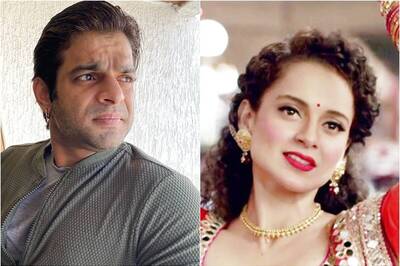
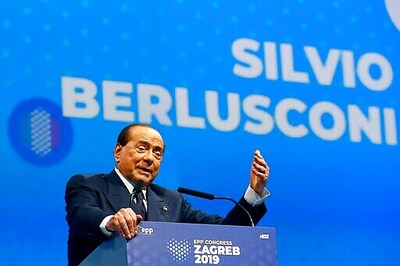
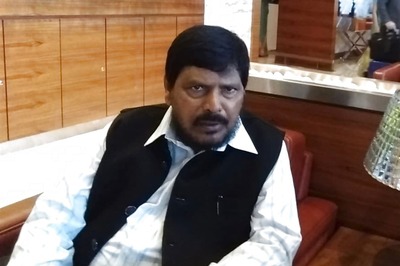

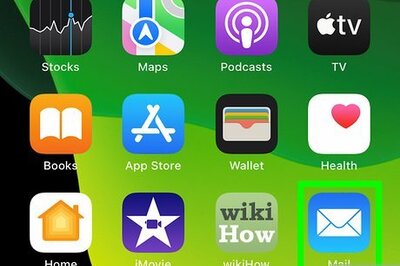
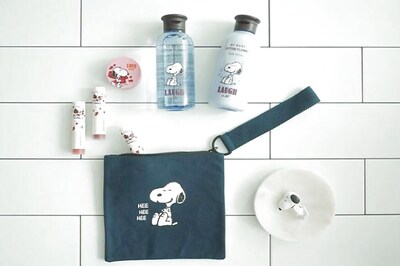

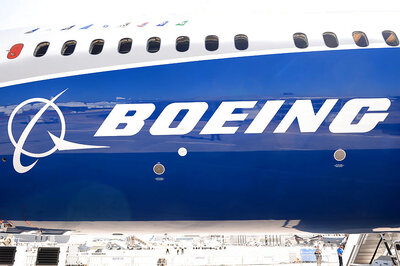

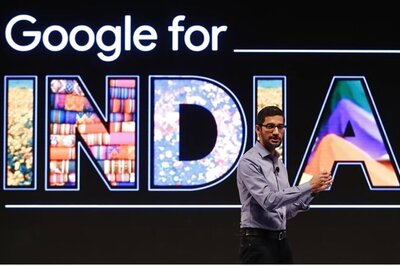
Comments
0 comment